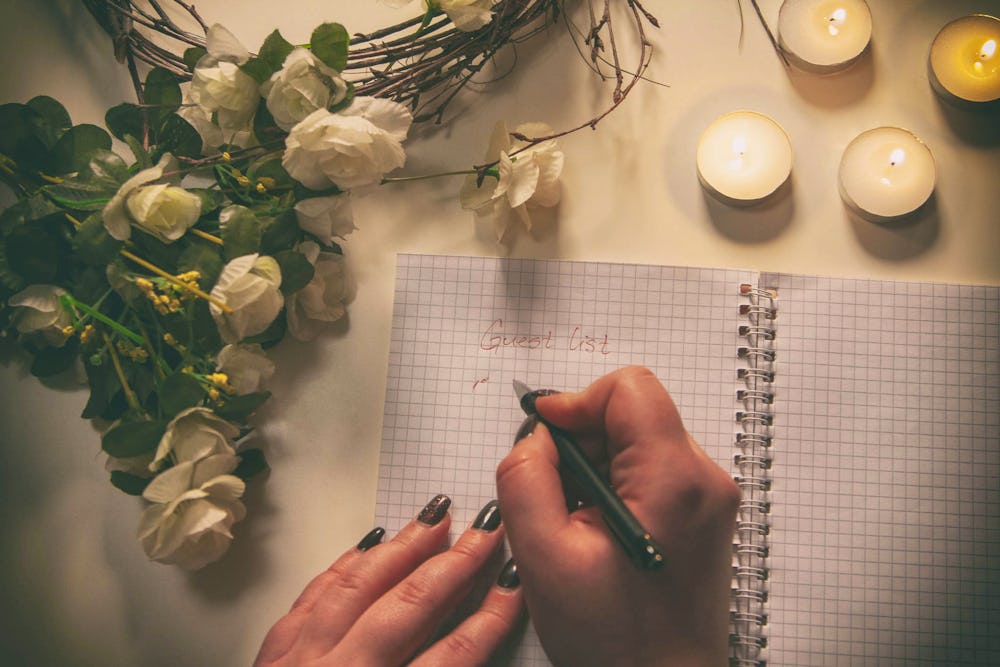Planning an event comes with many stresses, strains and a whole host of considerations to keep in mind. However, at the end of the day it all comes down to the attendees. Have you fulfilled their every need and requirement? Will they enjoy the event when the day comes around? And have you created the impression that you originally set out to make? But most importantly: did all of the attendees feel welcome?
The question of diversity and inclusiveness in the events industry can be something that many companies shy away from addressing; sometimes this is due to unconscious bias, other times through the fear of highlighting the issue but then getting it wrong in some way.
We spoke with diversity and anti-racism campaigner Nova Reid, as she explains how to get those conversations started, why you shouldn’t be afraid to openly discuss issues such as race, gender, sexuality, religion and disability when you plan the marketing and logistics of your events, and ultimately how you can strive to make your next event welcoming for everyone who attends.
Nova offers diversity consultancy and anti-racism training for progressive businesses which are courageous and want to lead by example. She also offers an online anti-racism course for individual changemakers and is a regular keynote speaker.
As well as being a regular media expert featured on BBC, Sky News, Refinery29 UK and Restless Magazine, Nova is also the founder of multi award-winning wedding platform and London show, Nu Bride, the leading inclusive platform dedicated to diversity in the mainstream wedding industry. Most recently, Nova was selected to be an Ambassador for Peace by the United Nations Foundations Togetherband Campaign, and delivered an inspirational talk described by many as life changing at TEDxFrankfurt.
It’s 2020, is lack of diversity still an issue within the events industry?
The fact that you’re having to ask me this question actually answers the question. Yes.
What is the difference between diversity and inclusiveness?
Diversity is the easy part: it’s being representative of lots of different things or people. Inclusion is where sustainability kicks in and ensures you consistently and intentionally create an environment or workplace where everyone feels able to be themselves and thrive.
How can event organisers avoid tokenism when striving for diversity?
Tokenism is often a by-product of diversity on a superficial level, which is the absence of inclusion. Hire or consult with experts just as you would consult for marketing, PR or any other part of the business and event-planning process. Explore guest lists, brand alignment opportunities and sponsorship, as well as themes, entertainment, music, speaker line-up and accessibility. Considering where to advertise is also key. Every decision should factor inclusion as part of an overall strategy and that needs to happen at the start of your planning.
Sadly, this often isn’t the case and can lead to tokenism, or brands being publicly called out for lack of diversity. This can have a knock-on effect on brand credibility and revenue.
Not considering diversity and inclusiveness from the top down and from the inside out not only puts you at a competitive disadvantage – you’re 35% more likely to be outperformed by your peers if your business is not diverse – but can often lead to tokenism. That and a workforce that is not always representative of different staff at all levels, especially those in decision-making positions.

What is unconscious bias and how can event organisers overcome this?
Unconscious biases are deeply ingrained and learned stereotypes that influence behaviour.
Start with a very basic Harvard implicit bias test. Get curious and seek out your unconscious biases. Have ongoing training and support to uncover and confront and unlearn your unconscious biases.
They have nothing to do with being a good or bad person. If you’re human you have them, but not addressing them and seeking to change behaviour when those biases perpetuate narratives about individuals that are not true, can have a detrimental impact on professional relationships. Plus collective biases can lead to toxic work environments and, at worst, can lead to things like institutionalised racism.
Can you tell us a little bit about an event you have worked on that felt truly inclusive?
Thoughtworks is a great company that makes considered choices and provides inclusive events and workspaces. From encouraging employees to use pronouns, to having accessible spaces and encouraging difficult conversations around race and white privilege. They don’t shy away from challenging conversations and encourage curiosity.
In April 2019, my team produced Nu Bride The Wedding Show, the UK’s first wedding show dedicated to diversity, after we received an overwhelming response from consumers that mainstream wedding shows were homogenous, not current and not catering to the needs of modern couples.
We hosted a diverse and hand-picked selection of exhibitors from various abilities, sex orientation and ethnicities, BSL interpreters, models of various body sizes and ethnicities, as well as diverse food, drink and entertainment. But more so, the language and imagery we used and where we advertised the show was very intentional. As a result, we had an eclectic mix of modern couples, different abilities, ethnicities, ages and sex orientation. We know we did a good job at making them feel included because neither guests nor exhibitors wanted to leave!
I will never forget an exchange I had with one guest – she approached me and thanked me at the end of the two day event and said, she never knew what it would be like to be intentionally included before and cried.
For more information about Nova's important work visit www.novareid.com
Planning your company’s summer party? Have a look at our favourite summer party venues.